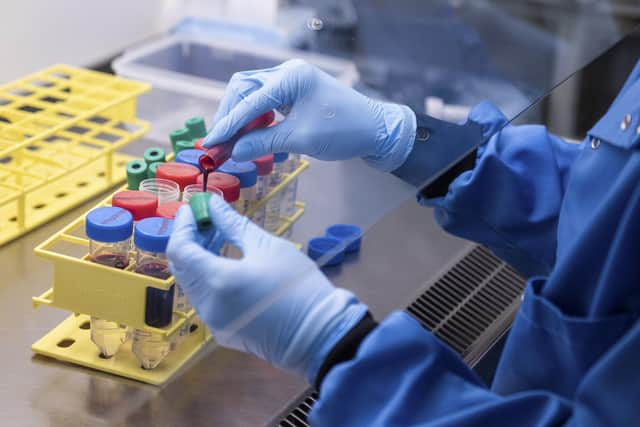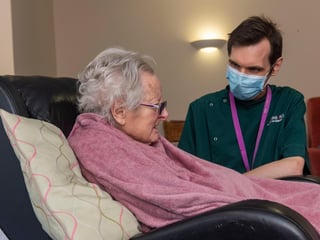Oxford University vaccine roll-out 'hopefully isn't too far off', says lead researcher
Sarah Gilbert, professor of vaccinology at the university, said she never doubted what she and her team of researchers were doing, but at times had worried about things they might have missed along the way.
She compared her work to running a small business, giving an insight into how the scientists pulled off the huge task.
Advertisement
Hide AdAdvertisement
Hide Ad

Ms Gilbert told BBC Radio 4's Today programme: "Running a research group is a bit like running a small business. I have to think about where the money's going to come from, what staff I've got, how long their contracts are. Because they're only funded for the contracts that I have funding to pay them for.
"So it is like running a business and I unfortunately don't spend as much of my time working on the science as I would like to, but it's necessary to keep all the other things going in order to be able to do science that really has impact."
The mother of grown-up triplets said she knew she could work on little sleep and had endured some sleepless nights along the way this year.
She said: "At the start of the year I did have sleepless nights, wondering what it was that we haven't thought about - what problem was going to trip us up, because nobody had realised that we needed to do it, but, actually, that never happened. Somebody had always thought of everything."
Acknowledging that she was known to email at 4am, she said this year she would "wake up in the early hours of the morning and think about something that I really needed to do and then I think of a second thing and then a third thing and then I just had to go and deal with it before I forgot all the details that have suddenly become clear to me".
She recalled first reading about the new virus emerging in China on New Year's Day as she looked at a website that reports on disease outbreaks.
Describing the team's work on creating a vaccine, she said the final parts of the jab were designed in a weekend.
She said: "We'd already made a lot of decisions about how we were going to design the vaccine, but it was just the parts that we had to wait for the actual sequence to get and then that was put together.
Advertisement
Hide AdAdvertisement
Hide Ad"But a lot of it is using methods we'd used previously - there's only small parts of it that are unique to this vaccine."
Ms Gilbert said the biggest challenge had been the time between moving from manufacturing on a small scale to a much larger scale, which is where pharmaceutical giant AstraZeneca came in.
Oxford data indicates the vaccine, which is currently being considered by the Medicines and Healthcare products Regulatory Agency for approval, has 62 per cent efficacy when one full dose is given followed by another full dose, but when people were given a half dose followed by a full dose at least a month later, its efficacy rose to 90 per cent.
Comments
Want to join the conversation? Please or to comment on this article.
